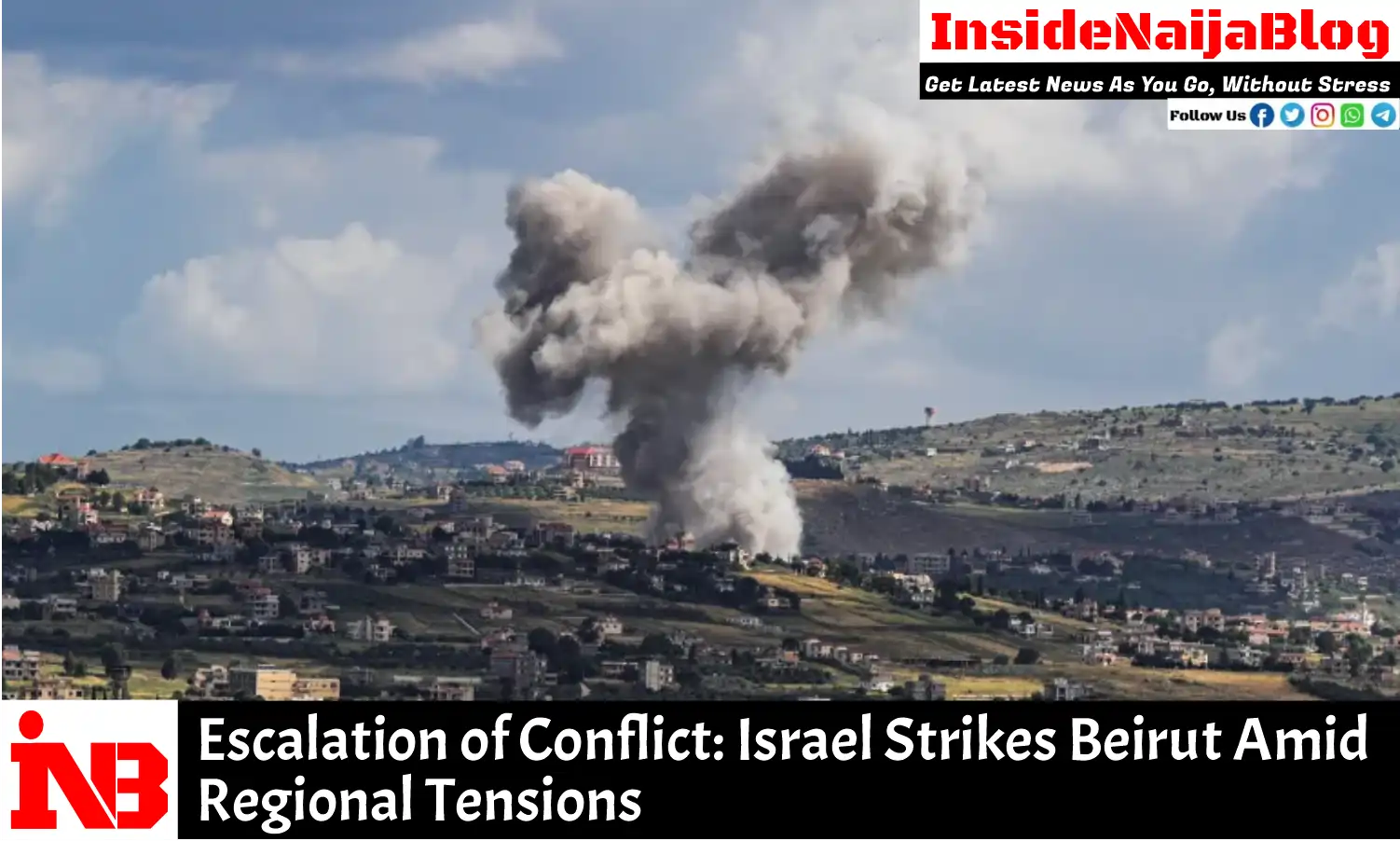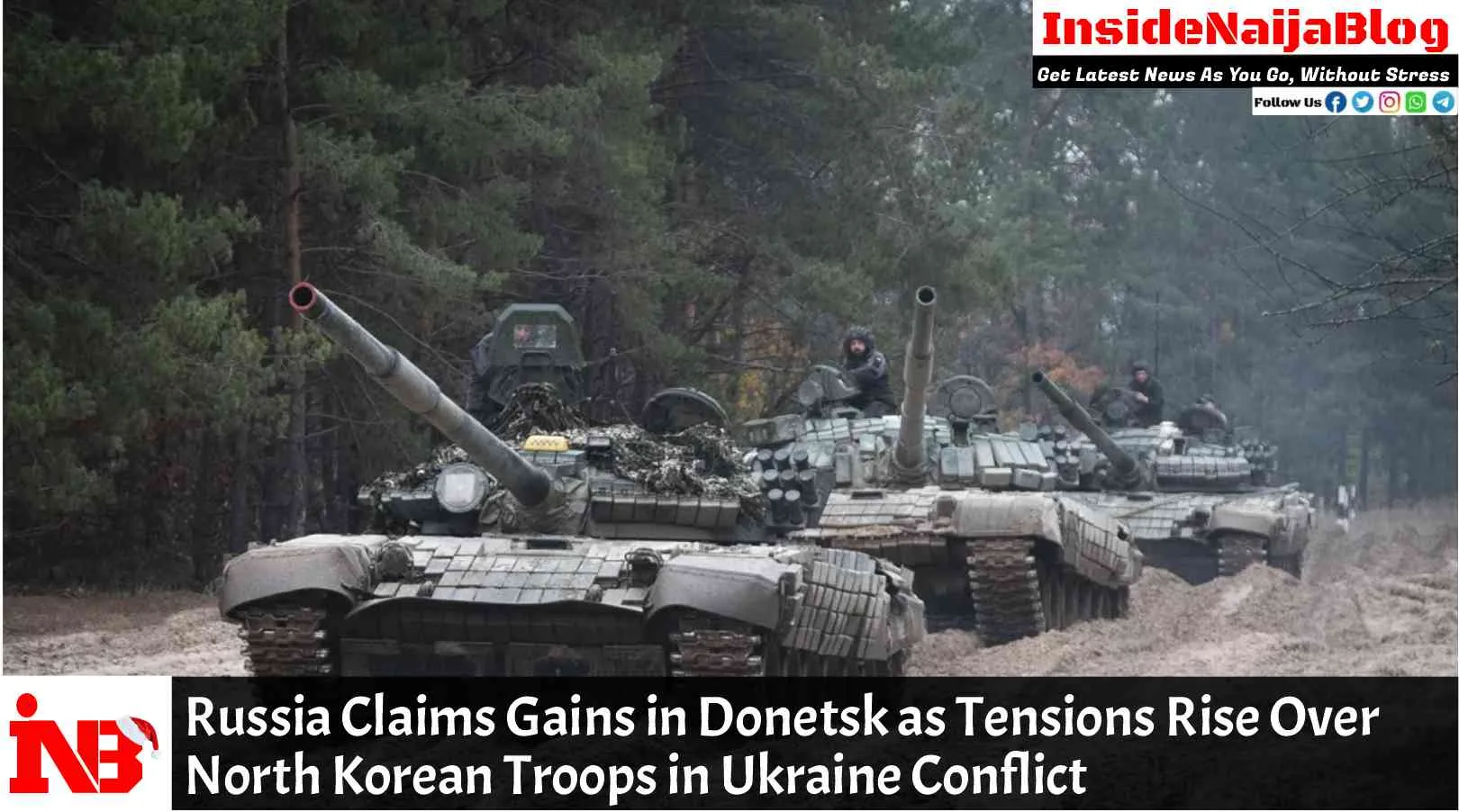On Wednesday, Israel initiated a new wave of airstrikes targeting the Lebanese capital of Beirut, marking a significant and alarming escalation in ongoing hostilities that have been intensifying in the region. The Israeli army confirmed the strikes through announcements on the social media platform X, where they emphasized their focus on neutralizing what they described as “terrorist targets” located within the city.
In a preemptive move to safeguard civilians, the Israeli military issued multiple evacuation orders for residents in several buildings throughout Beirut’s southern suburbs. These warnings were disseminated in the early hours of Wednesday, urging individuals to leave their homes immediately. While reports of casualties or significant structural damage have not yet emerged, the evolving nature of the conflict leaves the situation precarious and uncertain.
The strikes came on the heels of a dramatic increase in hostilities between Israel and Iran, particularly after Iran executed a substantial missile barrage on Tuesday evening. Initial estimates from the Israeli military suggested that approximately 180 rockets were fired at various targets within Israeli territory. Iranian officials characterized this missile attack as a direct retaliation for the recent killings of prominent figures, including Hamas leader Ismail Haniyeh and Hezbollah chief Hassan Nasrallah.
In a stark warning, Iranian authorities indicated that they would launch even more devastating retaliatory strikes if Israel continued its military operations. This rhetoric has significantly escalated the stakes, indicating that both sides are preparing for a prolonged and intensified conflict. The Iranian missile strike coincided with Israel’s initiation of a localized ground operation aimed at dismantling Hezbollah positions in southern Lebanon, further complicating an already intricate military landscape.
The rapid succession of military actions has heightened fears that the region stands on the precipice of an all-out war. Analysts and military experts are closely monitoring the developments, as the potential for broader regional implications grows with each escalation. The delicate balance of power in the Middle East is under threat, with various factions potentially drawn into a conflict that could spiral beyond the current actors involved.
Adding to the complexity of the situation is the humanitarian impact that such military engagements entail. Civilians in both Israel and Lebanon find themselves in increasingly precarious situations, living under the shadow of potential violence and instability. The international community is closely observing the developments, with many organizations urging immediate dialogue and de-escalation efforts.
In light of these tensions, there is a growing call for diplomatic initiatives aimed at resolving the conflict through peaceful means rather than military escalation. Experts emphasize the necessity for nations involved to seek avenues for dialogue, reconciliation, and understanding in a region that has long been marred by violence and conflict.
As the situation unfolds, the focus remains on mitigating the humanitarian impact and ensuring the safety of civilians caught in the crossfire. The need for urgent international intervention is evident, as is the call for regional stakeholders to come together in pursuit of lasting peace. The fear of wider conflict looms large, and it is imperative that all parties involved recognize the grave implications of continued hostilities. The world watches closely, hoping for a swift resolution that prioritizes the welfare of those affected and seeks to bring an end to the cycle of violence that has persisted for far too long.




